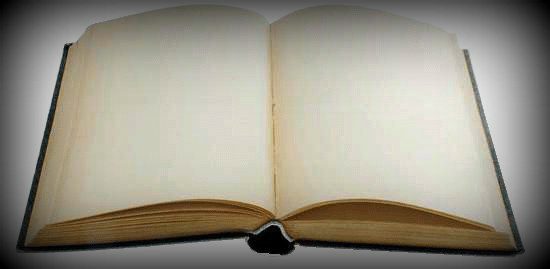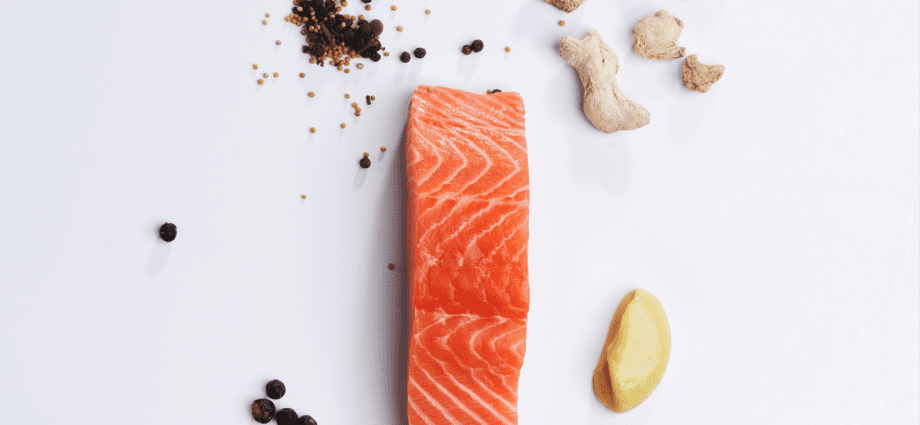Contents

The benefits and harms of products How and where to store salmon correctly?
Any fish, including salmon, must be kept in the refrigerator. The shelf in this case does not really matter, but it is better to place the fish as high as possible. The lower compartments of refrigerators are usually intended for storing fruits and products that require higher temperature conditions. If you store salmon in inappropriate conditions, the surface of the fish will quickly begin to wind up, and its taste will begin to deteriorate at a rapid pace.
The nuances of storing salmon at home:
- if chilled salmon was bought in a sealed package, then the fish should not be removed from it during the entire storage period;
- if the chilled salmon is not planned to be eaten for several days, then it is better to freeze the fish immediately (if the salmon was bought in a package, then you can freeze it in it);
- after purchase, frozen salmon must either be thawed and immediately cooked, or placed in the freezer (it is better not to allow even partial thawing of a frozen product);
- it is only necessary to freeze fish without the slightest signs of spoilage (if an unpleasant smell appears during storage or the fish deteriorates, then freezing it will not only not correct the situation, but will significantly aggravate it);
- it is necessary to store salmon in the refrigerator only in a covered state (if the fish is opened, then it can absorb the smell of other food products or spoil the taste of other dishes in the immediate vicinity);
- It is recommended to wrap chilled salmon in foil (if the fish was purchased in a package, then this method can not be used, it is better to leave the container unopened);
- it is better to store smoked or salted salmon in the refrigerator in a container or cover the fillet with a bowl (if the fish has been removed from the original packaging);
- chilled salmon can be sprinkled with lemon juice or a cut lemon can be placed next to the fish (citrus will preserve the aroma and juiciness of the fish);
- thawed salmon should be eaten as soon as possible;
- – chilled salmon will be better preserved if you place it on a layer of ice (the preparation should be stored in the refrigerator in the coolest zones, and the ice will have to be changed periodically);
- a cloth soaked in vinegar can extend the shelf life of salmon (you just need to cover the fish with a damp cloth for a while so that the vinegar does not have time to saturate the salmon)
- do not store chilled salmon and cooked fish nearby (both products can deteriorate in the shortest possible time or violate their taste characteristics).
How much and at what temperature to store salmon
The storage temperature for frozen salmon should be between -18 and -20 degrees. In such conditions, the fish will remain fresh for 3-4 months. Defrosting and repeated freezing of the product during storage should not be allowed. Otherwise, the structure of the meat and the flavoring properties of salmon will be impaired, and its consumption will become hazardous to health.
In the refrigerator (on the upper shelves), salmon can be stored for a maximum of 5-6 days. It is recommended to eat fish earlier than the specified period. The longer the salmon is stored, the more its flavor characteristics change. The exception is fish that have been salted on their own. In this case, there are nuances of storage and eating.
If salmon is purchased salted or smoked, the unopened packaging can be stored in the refrigerator until the expiration date. If the container is open, the salmon should be eaten within a maximum of 10 days. If the fish was salted on its own, then the chosen technique and recommendations related to each specific method play a key role. On average, salted salmon can stay in the refrigerator for 2-3 weeks.










